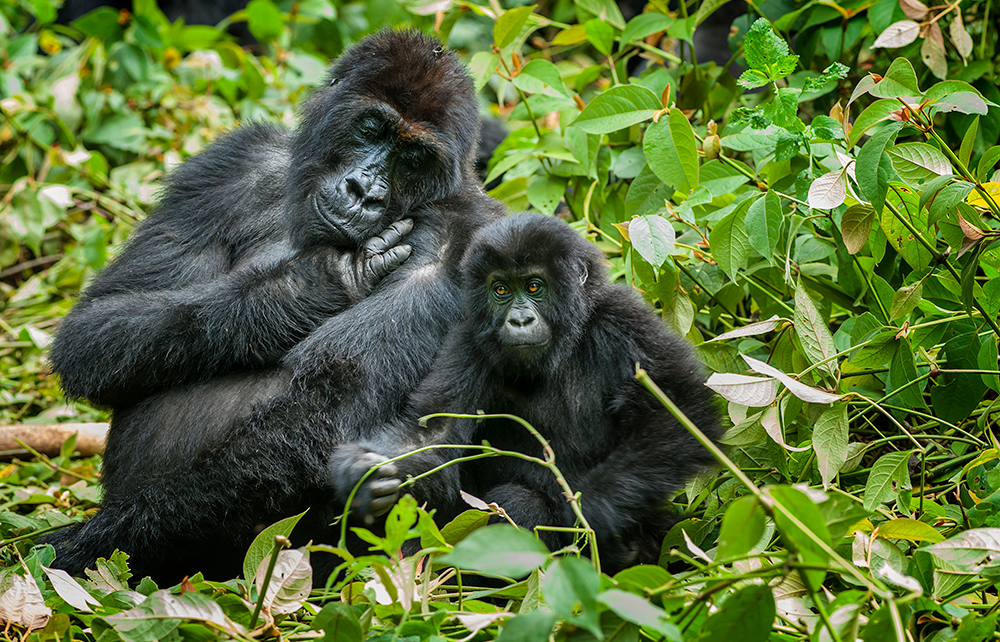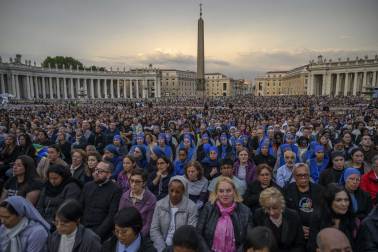Republic of Congo
I’m sending this to you from the rainforest in Congo, surrounded by vast trees and jungle noises in one of the loveliest, remotest places I’ve ever seen. Yesterday, flying at 150 feet above the canopy, I glimpsed in a clearing a family of relaxed gorillas gazing up at me, a visitor from another world.
When I set out as a young reporter in Africa 36 years ago, I drafted my stories on a typewriter. I had to travel to a city to book a reverse-charge call that took hours to come through, then dictate my words to the paper’s copy desk, or type it out on a post office telex machine.
For years if you dialled Somalia, you heard only electronic ether, ghostly voices and lonely Morse signals
I wrote letters to old girlfriends in England, or to my parents at home in Kenya, where we still had no telephone – my father being so unfamiliar with the device that on the rare occasions he spoke on one he used to say ‘over’ at the end of a sentence. If we had urgent messages, we sent telegrams.
My first job at Reuters was to cover the huge spaces across the Horn of Africa that had fallen into the hands of rebel guerrilla groups, and there were no telephones in EPLF Eritrea, TPLF Ethiopia or SPLA Sudan. On assignments I’d team up with rebel guides in dusty towns and drive across frontiers into Africa’s blank spaces, disappearing into the silence for weeks at a time until my notebooks were full and I was able to trek out again to file.
In Ethiopia, following a significant battle in which 10,000 government troops surrendered, I scribbled out my story on pages torn from my notebook, put them in an envelope and gave it to a messenger who had to drive north through the mountains for several days in order to transmit the words from a telex at rebel headquarters.








Comments
Join the debate for just £1 a month
Be part of the conversation with other Spectator readers by getting your first three months for £3.
UNLOCK ACCESS Just £1 a monthAlready a subscriber? Log in